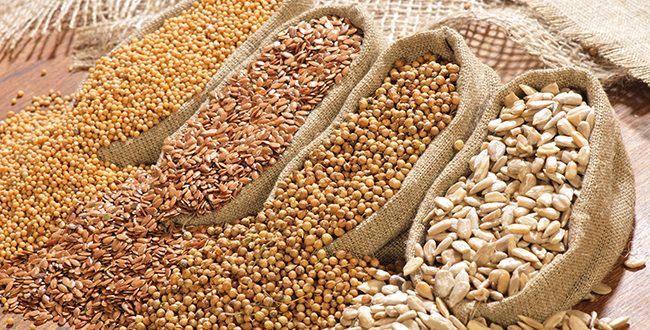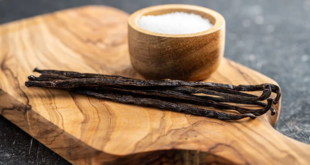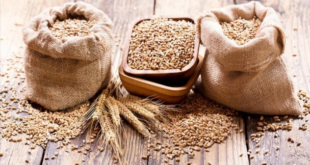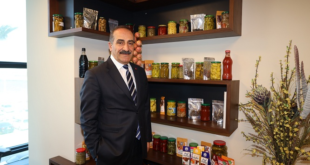Turkey’s marketing year (MY) 2021/22 sunflower seed area and production is estimated at 760,000
hectares and 1.75 million metric tons (MMT) respectively. Turkey continued imports of sunflower seeds
to meet stable demand. Accordingly, during the first eleven months (Sept-July) of MY 2020/21, oilseed
sunflower seed imports were 899,000 MT, sunflower seed meal imports were about 788,000 MT, and
sunflower seed oil imports were 732,000 MT. Turkey’s sunflower seed oil imports and exports have
increased significantly in recent years due to additional capacity for refining and re-exporting. Turkey
continues to be negatively affected by high domestic oil prices.
Turkey Oilseeds Update: Sunflower seed and Products…
Production…
In MY 2021/22, the total sunflower planting area estimate for Turkey is 760,000 hectares and
production is estimated at 1.75 million metric tons (MMT). Of that, 675,000 hectares are for oilseeds,
55,000 hectares are for confection seeds, and 30,000 hectares are for planting seeds. Accordingly,
sunflower seed production is expected to be about 1.55 MMT, confection seeds about 130,000 MT, and
planting seeds 70,000 MT, for a total of 1.75 MMT.

Edirne, Tekirdag and Kirklareli Provinces in the Thrace Region produce more than 40 percent of the country’s sunflower seeds. Konya province in Central Anatolia and Adana province in the Cukurova region are other important production regions. Sunflower planting started two weeks later than the normal due to dry weather in MY 2021/22. Unirrigated fields were partly affected by hot weather during the summer in the Marmara and Thrace regions, which partly offset production gains from increased planting area. More than half of the harvest was completed as of the second week of September in Thrace region.
In MY 2021/22, sunflower seed meal production is expected to increase to 1,426,000 MT with a parallel
increase in seed production. Sunflower seed meal production is estimated at 1,227,000 MT in MY
2020/21 due to a slowdown in demand from the feed sector.
Local production of sunflower seed oil in MY 2021/22 is projected to increase to 1,138,000 MT to meet
the local food demand with a parallel increase in seed production. The oil content of local seeds was
about 43.5 percent in recent years.
Consumption…
Domestic sunflower meal consumption is expected to increase to 2.4 MMT in MY 2021/22 due to a
better crop. Domestic sunflower meal consumption in MY 2020/21 is estimated at 2.30 MMT, which is
similar to the previous year. The price of sunflower meal for 36 protein is about $360/MT in August
2021, compared to $260/MT in August 2020.
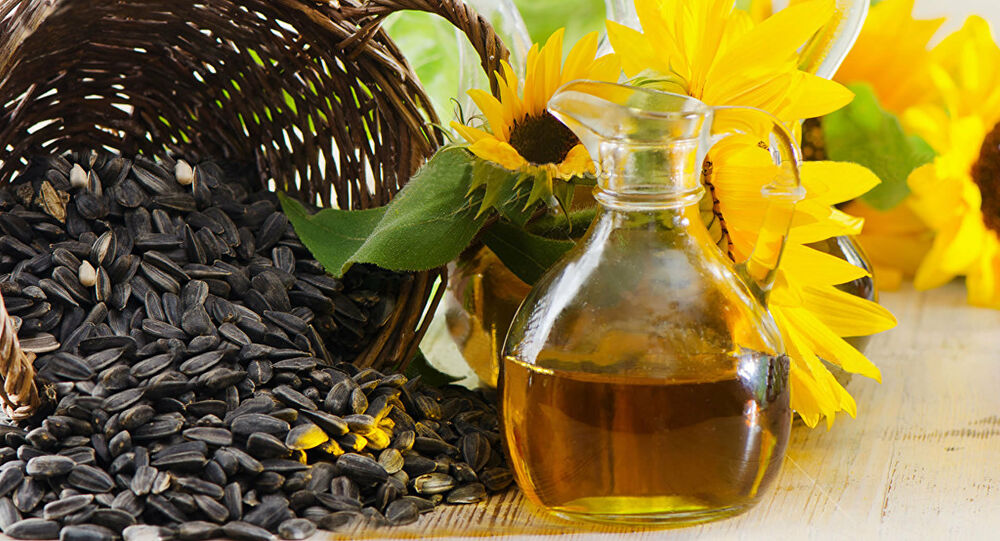
Total domestic consumption of sunflower seed oil is expected to reach 1.18 MMT in MY 2021/22, assuming the normalization in daily life after COVID-19. Sunflower oil is the most consumed oil in Turkey and the most popular cooking oil. Demand has steadily increased in the last decade in parallel with the population growth. However, consumption didn’t rise during the last two years as a result of the COVID-19 pandemic. A decrease in tourism numbers and the mandatory closing of restaurants during varying curfew periods for 16 months impacted consumption.
Trade…
Turkey has a very large crushing (8 MMT) and refining (4 MMT) capacity for all oilseeds, with about
100 total facilities. However, the increasing crushing capacity of seed-exporting countries and the implementation of export taxes on sunflower seeds and products in the Black Sea region has also affected pre-pandemic trade patterns.
Turkey’s total imports of sunflower seed for MY 2019/20 were 1,178,000 MT, up about five percent compared to the previous year. Serbia (608,000 MT), North Macedonia (123,000 MT) and Russia (124,000 MT) were the main suppliers of sunflower seed to Turkey.
During the first eleven months of MY 2020/21 (September-July), total sunflower seed imports were
about 899,000 MT, down 24 percent compared to same period in MY 2019/20. Russia (183,000MT),
Bulgaria (171,000 MT) and Moldova (163,000 MT) were the main suppliers to Turkey. China is the
leading supplier of confectionary sunflower seeds, exporting about 80,000 MT to Turkey annually.
Turkey’s sunflower seed imports in MY 2021/22 are projected to rise to 1.2 MMT, in parallel with
increased consumer and business demand.
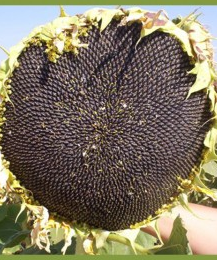
During the first eleven months of MY 2020/21 (September-July), total sunflower seed meal imports were about 788,000 MT, down 20 percent compared to the same period in MY2019/20, due to competition with soy meal. Russia (428,000MT), and Ukraine (249,000 MT) were the main suppliers of Turkey.
During the first eleven months of MY 2020/21 (September-July), total sunflower seed oil imports were around 732,000 MT, down 13 percent compared to same period in MY2019/20 due to a slowdown in refining and re-exporting activities. Russia (603,000 MT), Ukraine (41,000 MT) and Bulgaria (38,000 MT) were the main sunflower seed oil suppliers of Turkey.
Turkey’s sunflower oil imports in MY 2021/22 are projected to reach 850,00 MT due to increased activity in refining and re-exporting, if export taxes from supplying countries do not unduly limit Turkey’s ability to import oil from regional producers. Turkey’s sunflower seed oil exports in MY 2021/22 are projected to remain high at 800,000 MT assuming continued demand from neighboring and African countries.
Policy…
Turkey is currently struggling with high food inflation amid insufficient domestic production. The main
contributing factors are drought, a serious increase in international commodity prices, and the Turkish
Lira’s depreciation against other currencies in 2021. The cost of imported goods has been increasing in
Turkey, which has had large effects on domestic food and feed prices as well.
Turkey regulates the market with periodic adjustments in tariffs and reference prices that aim to keep
prices low for consumers, even as global prices rise. Specific to sunflower seeds, consumers in Turkey
suffered from sharp oil price spikes in 2021. Prices of sunflower seed oil increased more than 60 percent
in a year, almost double the overall rate of food inflation, which has increased 30 percent year-on-year.
In the scope of food inflation measures, the government of Turkey intervened in the market in several
ways to try to lessen domestic food inflation. The Turkish Grain Board (TMO), a government-affiliated body,
imported 5,000 MT of sunflower oil duty-free using a tender held in February 2021 and re-sold the imports to retail markets at lower prices.
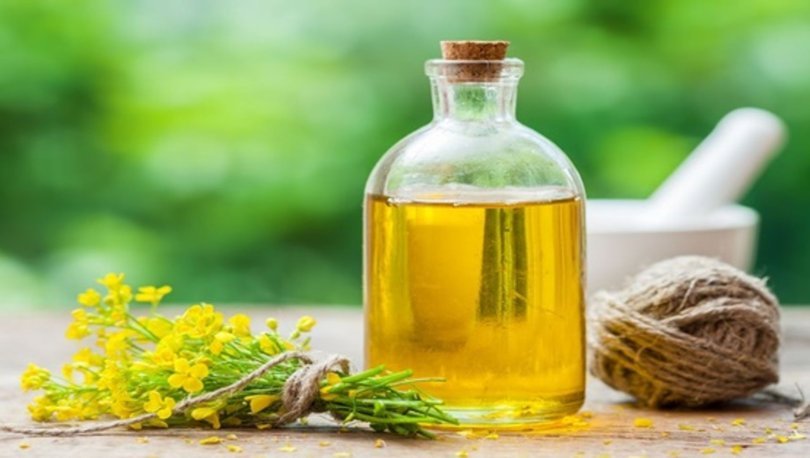
Since the government was not able to prevent increases in the oil price, Turkey also announced tariff elimination on some oils. According to a Presidential Decree published in the Official Gazette on March 20, 2021, import tariffs on crude and refined sunflower seed and rapeseed oil and safflower seed and rapeseed were reduced to zero until the order expired June 30,
A new Presidential Decree published in the Official Gazette on June 12, 2021 eliminated tariffs on sunflower seeds until further notice and decreased tariffs on crude sunflower oil to 10 percent, instead of the standard 36 percent. The official decree in Turkish language can be found here. Please see the annual
oilseeds report which has additional information on the latest policy and agricultural supports to the oilseeds sector.
Source: USDA, Foreign Agricultural Service (FAS)
 THE GLOBAL WINDOW OF TURKISH FOOD AND AGRICULTURE The Global Window of Turkish Food and Agriculture Sector
THE GLOBAL WINDOW OF TURKISH FOOD AND AGRICULTURE The Global Window of Turkish Food and Agriculture Sector


